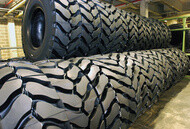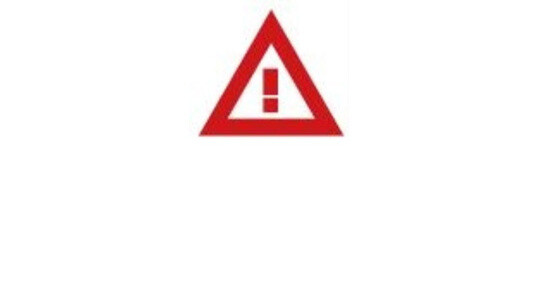
Background em tyre storage Help and Advice
tire stock
Storing your tyres safely
Some recommendations
Agricultural tyres must be stored in clean conditions in dry, well-ventilated premises, away from direct sunlight.
They must be kept away from:
- sources of ozone (electric motors, transformers, arc welding stations, etc.),
- any chemical substance, solvent or hydrocarbon likely to alter the nature of the rubber,
- any objects that could pierce the rubber (sharp or pointed metal objects, etc.),
- flames or hot objects.
During storage periods, store agricultural tyres and inner tubes in a way that avoids any damage caused by tension or compression, keep them assembled and inflated if stacked, remove as much ballast as possible from vehicle-mounted tyres, and over-inflate by 0.5 bar (7 psi) in relation to in-service pressures.

warning symbol1
Important
- Never store bare tyres or fully assembled off-vehicle wheels in direct contact with the ground for long periods. You are advised to wear protective gloves when handling tyres.
- Always remove tyres from rims before carrying out any work on them. Never heat, weld or solder a rim or wheel with a tyre fitted.
- Always refer to the Michelin inflation chart to determine the correct pressure for your agricultural tyres. Under-inflation causes the casing to become exaggeratedly misshapen and will shorten the tyre's service life.
- Over-inflation reduces the surface area in contact with the ground, causes a loss of grip, and makes the tyre more sensitive to impacts and cuts.
- If loads are lower than those shown in our pressure/load charts, never inflate to lower than the minimum pressure shown in the tyre datasheets.
Other help and advice pages that might interest you:
• Reading and understanding tyre markings
• How can you reduce soil compaction?
• Why and how should you ballast your tyres to get the most out of them?
• How do you find the right references for rims, tubes and valves?
• How do you fit and remove your tyres?
• Road vehicle regulations




